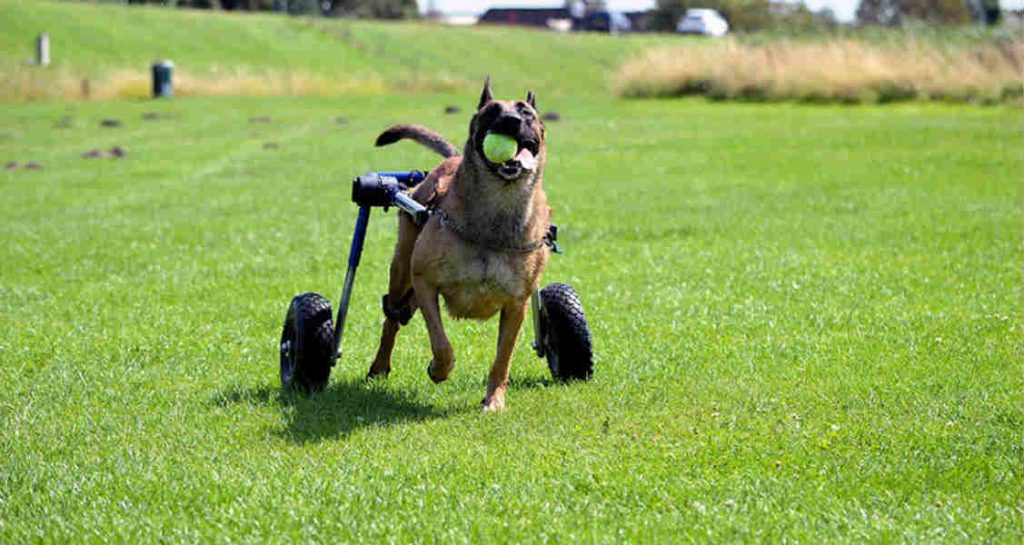Animals are amazing, most of us know that, I think. Whether it’s the unconditional love they give, the ability to brighten up any day, or making awesome videos to entertain us on the internet, the world is a better place with animals but especially our pets. You know what else is incredible about them? Their ability to adapt to life’s changes (unfortunately not 100% of the time); specifically I want to talk about amputees – or more affectionately known as tripods.
Pets may only have 3 legs (or even 2!) for just a few reasons; some are even born that way. Whether it be cancer, irreparable injury, or congenital (from birth) as the cause, they have a remarkable capacity to adapt to their new lives. Sadly, many animals are euthanized rather than undergo a limb-sparing surgery. For many people, the thought of a pet losing a leg or being “disabled” is more than they can bear. Certainly, not every patient is a candidate to undergo such a procedure but for those that are, the emotional aspect should not dismiss the idea. Let’s look at both sides of the coin.
To finish on a good note, we’ll look at the cons first. The immediate post-op period does take some adjustment and there is a difference between front legs and back legs in terms of recovery and ultimate mobility. In my opinion, losing a front leg may be easier especially in terms of using the bathroom (much harder to balance without a second back leg!) but in time, most animals will learn how to move around wonderfully. Additionally, missing a leg will put added stress on the opposite side which can potentially lead to some joint problems or make arthritis seem worse – hence, it is important to keep these patients at a healthy weight. Your pet may also experience a phenomenon known as phantom pain, which will make them feel as though the limb is still part of the body. Lastly, things may seem cosmetically unattractive to you….let me assure you, Rover won’t care what his surgery site looks like. He’ll just be happy for treats, belly rubs, your assistance in learning to walk again and being alive.
So why should you adopt a tripod or consider having an amputation surgery done on your pet if one is recommended? One main reason: the procedure is done as a way to eliminate pain (after the recovery period) from conditions such as nerve damage, non-reparable fractures, or bone tumours. A pain-free life is a good life! That’s really THE reason to elect for that surgery. Sometimes cost for a fracture repair may be too much or the prognosis for recovery will be poor and amputation will be brought up. Aside from relieving pain, this may be done to preserve the bond you have with your pet; rather than euthanizing them, you can still let them live out their natural lives by your side. There are so many intangible benefits as well!! They won’t hold a grudge against you for making this decision because you’re removing the pain. If they are 3-legged and awaiting adoption in a shelter, they will love you just as much as any pet with four legs. And if you’re feeling really ambitious, you can help them set up their own social media accounts to share their story and to help advocate for other tripods!
Three-legged pets often have an interesting story and are natural survivors. Losing a leg is not a death sentence; it’s a second chance at a renewed life. I’ve seen this with my own cat. Louie is a laid back, happy, fluffy speed demon who outruns our other cats and adores my wife who actually performed the amputation. He’s also an excellent mouser. So if your veterinarian brings up amputation as an option in treating your pet, don’t rush to a decision without considering all angles. For more information, including a broad support network, visit tripawds.com.
